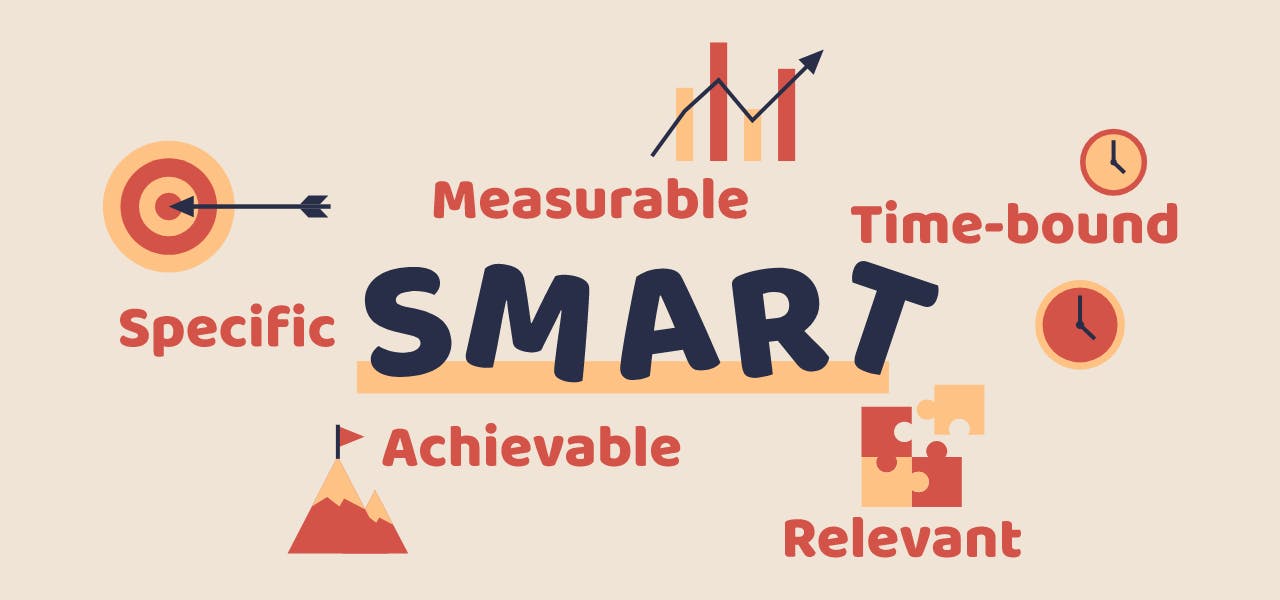Anyone who is searching for tips on how to be successful, regardless of their career or lifestyle, will run across goal-setting as a top requirement. Having clear goals is an integral part of continuing to grow and progress in life, otherwise each day is spent crossing off superficial to-do tasks and getting through the hours until bedtime, then repeating the same steps.
When it comes to approaching your research project, goal setting is just as crucial a component for a successful outcome. As you set targets and reach them, you’ll be able to continue to move forward, analyzing data, hitting your funding source deadlines, and staying on track. The pressure of a time component in research makes it even more important to keep on top of goals, which is why many scholars utilize methods such as SMART objectives when they set their goals.
The Many Requirements to Juggle a Research Project
Jumping into a research project without planning ahead is similar to jumping off a cliff without checking to see if the water you’re aiming for is shallow and full of rocks or clear and deep. It’s asking for trouble. You can’t procrastinate, and you have to know what you’re getting into.
In a normal research project, scholars have to juggle a lot of tasks before they even get started on the hands-on stuff. It’s time consuming and requires a lot of discipline and management skills. You need to plan and make time for things such as:
● Reading the preliminary scientific literature already available to guide your questioning and experiment
● Communicating with others in your institution to determine the feasibility of the project
● Writing a plan and a budget to submit to funding sources
● Design a way to gather data
● Collect, plot, and analyze the information you obtain from the data
Once you’ve gotten to this point, the research can really begin. But all of it takes time, and then even after the work is done, putting your documentation together is an entirely new set of goal-setting endeavors.
You need structure, and that comes with things like SMART goals.
What is the SMART Acronym?
SMART goals are everywhere, in every industry today, because they make common sense. Individuals utilize this strategy in order to set targets that are clear and attainable.
The SMART acronym guides you through each goal with a simple reminder to keep looking back as you devise your target objectives, making sure each one is:
● Specific, a simple, plain target sentence that is clear and concise.
● Measurable, using meaningful dates, numbers, or other targets to tell you whether you reached the goal or not.
● Achievable, or attainable, not too far out of reach, but not so easy that you don’t have to work for it.
● Relevant to the overall subject at hand and based on results that can be seen or demonstrated.
● Time-based, with a specific set due date or deadline instead of general vagaries.
You’ll see slight variations of this acronym in different places, but it has a consistent foundation that follows this idea.
Using SMART Goals for Your Scientific Progress
As you develop your goals for your scientific research, use these tips to guide you through SMART setting:
● Set specific, unambiguous goals that anyone could follow if they weren’t in your head. Break a large goal down into smaller targets that read like an instruction manual of sorts, telling you what to do.
● Stop at milestones to check your progress and compare it to measurements that you assigned as you created your goals.
● Keep each target attainable, but also designate who will be responsible for ensuring it is met.
● Goals should be realistic - not too hard, not too easy, just right to keep the project moving at a steady pace.
● Use your funding source and time frames to add a date or deadline to each goal you create and set aside a consistent period weekly to check your progress.
As you use SMART goals to establish your project’s progress, you’ll notice that the time you spend up front being clear and thorough will save you significant resources and effort as you go along with your research.
